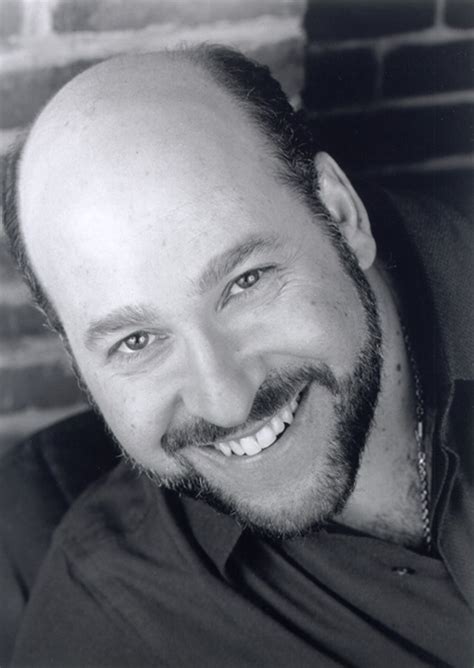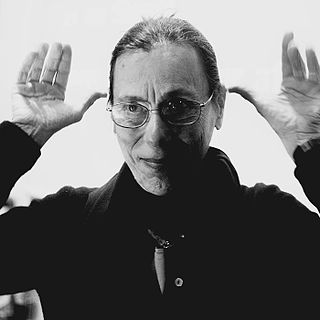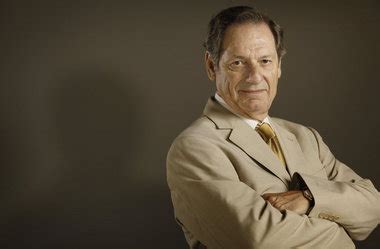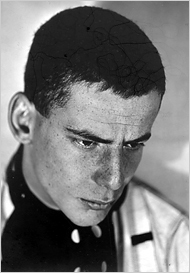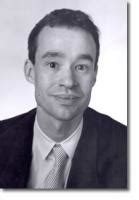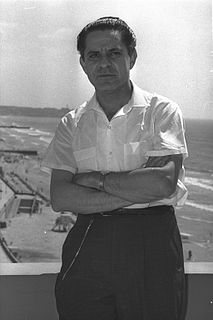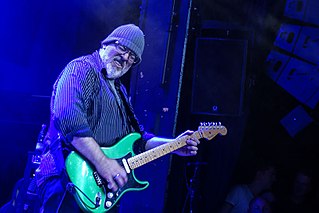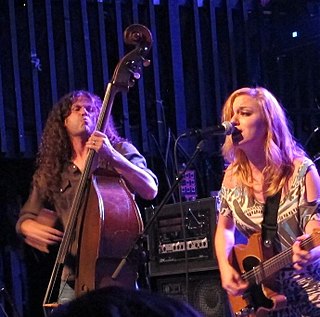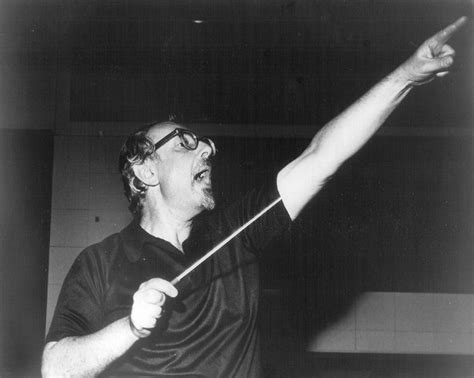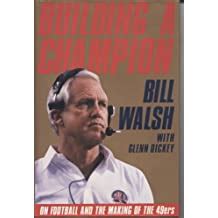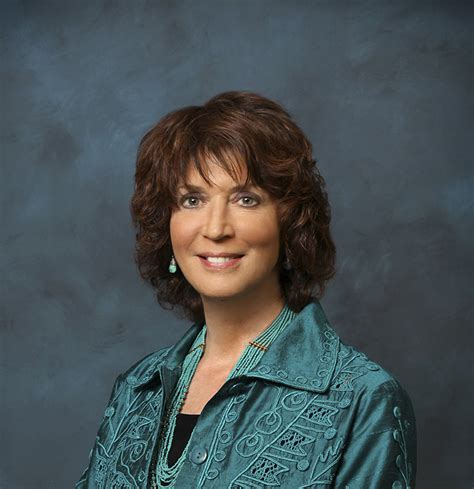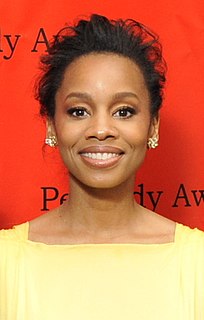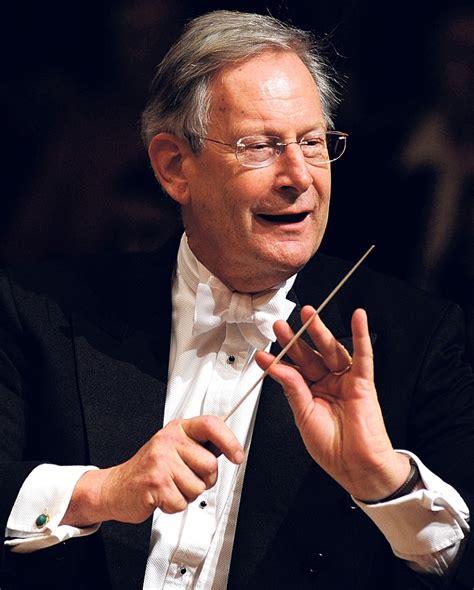Top 577 Performers Quotes & Sayings - Page 10
Explore popular Performers quotes.
Last updated on April 22, 2025.
When the theater is gothic it matches the sensibility of the show. It's also very intimate. The audience is very close to the performers. The show is scary and the scary stuff always works best with an intimacy with the audience. And the show is erotic, and I think erotic always works best when it's close to the audience, as well.
I should say that feminism gave me permission to deal with my own emotional life and put it up front in certain ways, or use film as a way to examine, at that time, my own heterosexual experience. Lives of Performers was the beginning of that kind of investigation. But also, the film was influenced by the aesthetics and structures of experimental film as that was taking place at the same time. Hollis Frampton was a big influence on me at that time.
A wonderful, warm, positive individual who exhibits the values that are prerequisite to a significant faculty post in higher education, I think that it is an absolutely extraordinary and bold career move that Darwin has made in leaving the Orchestra and embarking on the trajectory of a solo performer/educator. And what a marvelous thing it is for Detroit to be able to welcome home a successful native son - one in whom the community can take pride, and one who will serve as an inspiration to a younger generation of aspiring performers eager to make their mark in the world.
Ballet dancers are a self-chosen elite. To survive and surmount years of disciplinary preparation and seasons of even more arduous performance requires rigid determination and almost mindless self-abnegation. One other factor is difficult to predetermine: without a certain admixture of hysteria - sometimes masking as self-obsession, sometimes even counterfeiting incipient madness - performers, at once acrobats, artists, and animals, make little public impression.
What Mr. Kaufman and his team are after is less a portrait of any one person than one of the ethos of a place. In the deliberate, simple staging ... in which eight radiantly clean-scrubbed performers embody 60 different people against a bare-bones set, 'Laramie' often brings to mind 'Our Town,' the beloved Thornton Wilder study of life, love and death in parochial New Hampshire.
In the early days of my carer as an actor, I shared what was then the prevailing attitude of Negro performers :;that the content and form of a play or a film scenario was of little importance to us. What mattered was was the opportunity, which came so seldom to our folks ... Later I came to understand that the Negro artist could not view the matter simply in terms of of his individual interests, and that he had a responsibility to his people who rightfully resented the traditional stereotyped portrayals of Negros on stage and screen.
Children who willingly participate in sexual acts have the right to make that decision as well, even if it's distasteful to us personally. Some children will make poor choices just as some adults do in smoking and drinking to excess; this is part of life. When we outlaw child pornography, the prices paid for child performers rise, increasing the incentives for parents to use children against their will.
Authority never matches responsibility. That's one of the great myths and delusions of all times. Winning managers and individual performers at all levels know that effectiveness means building your own network and creating your own authority. Those who succeed always reach far beyond formal deputation, take initiatives, and take the heat when things go awry. That's true in the military in times of war, true for 200 person manufacturing firms, and true at giant automakers or software companies.
Performers should realize they not only have to prepare themselves for concert purposes as far as memorizing their programs goes, but for the business of just walking out before the people …. It is important to play before an imaginary audience too. Before I play in public I very often play a program three or four times as though I were seated before a actual audience.
I think sometimes when people start doing improv there's some regression towards trying to replicate the "good" improvisers that they've read about in their improv books or heard about from their teachers. That's understandable, because they're trying to learn technique and stuff, but I actually think that my favorite performers are ones who have unique improv technique but also have a unique point of view that you can feel with them and their performances.
People who are great thinkers, in science or in art, people who are great performers, have to have that kind of capacity. Without that kind of capacity, it's extremely difficult to manage a high level of performance because you're going to get a lot of extraneous material chipping away at the finery of your thinking or the finery of your motor execution.
If you buy all the stocks selling at or below two times earnings, you will lose money on half of them because instead of making profits they will actually lose money, but you will only lose a dollar or so a share at most. Then others will be mediocre performers. But the remaining big winners will go up and produce fabulous results and also ensure a good overall result.
Three of tonights performers are members of the group Return To One, whose album Hopes and Dreams I heard for the first time a couple of weeks ago. Blown away by the album, I called Nathan Hubbard, the drummer and composer for the group, and with whom I've played on a couple of Trummerflora-related occasions, and asked him to round up several of his Return To One cohorts for tonight's show. I can't recommend their album highly enough; please pick up a copy.
TV is such a success nowadays because it gives back in a way that features can't. If you go to a film, you only get two hours of great storytellers and performers, and you pay top dollar for that. If you're subscribing to premium channels and you're getting all of these amazing TV shows, and you're watching them as you want, where you want, when you want, on what you want, I think that is the "the golden era of TV" in what television shows are offering to audiences. We're giving them a lot more. It's quality.
We gallop through our lives like circus performers balancing on two speeding side-by-side horses--one foot is on the horse called "fate," the other on the horse called "free will." And the question you have to ask every day is--which horse is which? Which horse do I need to stop worrying about because it's not under my control, and which do I need to steer with concentrated effort?
Comedy is a funny thing, and it's really not like any other art form in that it's very specialized and varied in it's content, but generic in it's title. You would never go to a club just to see "Live music," you would go to a jazz club to see jazz, a blues club to see blues, etc. But when you go to see "standup comedy," if you don't know the performers material, you really don't have any idea what you're gonna get.
I think that watching artists, soulful artists, they get into it. It's always the way I perform, so when I'm on stage I just try to get into it - I'm in my own world. That's the whole thing about the stage, it's like a sacred place. They're [the audience] watching into the different world, right, so it's like you see performers and they're in the same room, so it's a different vibe. Sometimes it's great, but I try to separate it, you know, I wanna separate it 'cos otherwise I feel naked. It just feels natural.
When I do interviews, sometimes I'll just be like "Why the hell did I say that?" because after I hang up the phone I realize there were so many things I could have said, but my brain just goes on lockdown. There's something about having conversations with people that's so much different from just singing and playing guitar. And I think a lot of people are actually performers because of that. I can't really explain why. It's like just the only chance you have in life to feel really good and outgoing.
I find myself skeptical of music that forces you to have a certain experience, emotional reaction, or specific constructive arc of experience. But performers should still take care of that, to a certain extent - how does it add up? What you want from performance, because we're all in a room together, is that somehow we've gotten somewhere at the end, together. You could call that a sense of narrative, but it's not so obvious how that happens. One way it happens is by everyone caring about it happening.
Seen from the point of view of the composer, the most nonsensical practice is that of casting people in musicals who are unable to sing. No one would cast a dancing part with someone who cannot dance sufficiently to come up to professional standards. The same is true of acting. But when it comes to singing, more often than not it is amateur night. . . . Either musicals should be written for specified performers in the first place, or they should be cast with people who are adequate to its dancing, acting and singing demands.
I feel like people used to leave their homes and go to their local theatre, and they used to watch ballet dancers and musical theatre performers and tap dancers and orchestras and dog acts. You had to leave your home, be in the presence of other people, know how to behave, and enjoy the human being whose beating heart was in front of you.
I think the contrast between these two in the professional world of cinema mattered to me. One who has reached the ultimate point of being a star, who knows how to do everything very well, facing another person who would throughout the making of the film transfer his anxiety to both of us, to me and to Juliette, as to whether or not he would be capable of fulfilling his role. This in itself created a challenge that was actually very good for me, since I hadn't ever counterposed two such performers before, creating that challenge between someone who knows their part and someone who doesn't.
Phony psychics like Uri Geller have had particular success in bamboozling scientists with ordinary stage magic, because only scientists are arrogant enough to think that they always observe with rigorous and objective scrutiny, and therefore could never be so fooled while ordinary mortals know perfectly well that good performers can always find a way to trick people.
I appreciate it if I make a Chinese film. And if there is an opportunity to make a Hollywood film, I will take it - especially because, as you probably know, in Hollywood, even today, there are not a lot of big roles for Asian performers. So it is a great opportunity. It is possible to make films that people everywhere enjoy. I travel quite a lot. I don't really feel like when I am in China, I am a Chinese person and when I'm here, I'm a foreigner. I don't feel that kind of difference anymore. In the past I did. Not anymore. I feel quite at home everywhere. The whole world is my home.
A price drop in a good stock is only a tragedy if you sell at that price and never buy more. To me, a price drop is an opportunity to load up on bargains from among your worst performers and your laggards that show promise. If you can't convince yourself "When I'm down 25 percent, I'm a buyer" and banish forever the fatal thought "When I'm down 25 percent, I'm a seller," then you'll never make a decent profit in stocks.
[As a kid] I felt it was really weird that music schools behaved like a conveyor belt to make performers for those symphony orchestras. If you were really good and practiced your violin for a few hours a day for ten years you might be invited to this VIP elite club. For me music was not about that. It is about freedom and expression and individuality and impulsiveness and spontaneity. It wasn't so Apollonian; it was more Dionysian.
Back in the 1970s, I ate a high-protein diet to get bigger and stronger. As a senior at Utah State, I weighed 218 pounds with eight percent body fat, and threw the discus over 190 feet. Then I got some advice from the people at the Olympic Training Center. I needed carbs, they advised, and lots of them. They pointed to studies done on the American distance runners. Being an idiot, I took the advice to eat like emaciated, over-trained sub-performers. It took years of high carbohydrate grazing to learn the evils of this advice.
Ninety to ninety-five percent of people will withdraw to the comfort zone when what they try doesn't work. Only that small percentage, 5 or 10 percent, will continually improve themselves; they will continually push themselves out into the zone of discomfort, and these are always the highest performers in every field.
Strength of will - is essential to your survival and success. The competitor who won't go away, who won't stay down, has one of the most formidable competitive advantages of all. In evaluating people, I prize ego. It often translates into a fierce desire to do their best and an inner confidence that stands them in good stead when things really get rough. Psychologists suggest that there is a strong link between ego and competitiveness. All the great performers I've ever coached had ego to spare.
The culture of suppressing women composers and performers goes centuries back in Germany and other countries. Just think of Fanny Mendelssohn and the struggles she and many other women had to endure to get their music recognized. How many women's compositions were left to languish in attics, only to be thrown out by future generations! So much has been lost over the centuries.
I've been in New York for 14 years. I would never leave for good. The city is so much more alive than so many other places, and I think it is fodder for performers. You see so much; research is thrown at you everywhere you go. There was a rat on the subway train recently - you saw the video online - that's fantastic! That's something that is so specific to this city, the way you are pushed up against humanity, and the animal kingdom, whether you want to be or not. It's a stimulating city - physically, intellectually, culturally. It never ceases to thrill me.
We talk about how we think, believe, suspect Michael Jackson treats children. We don't talk about how WE treat child stars. Child stars are abused by the culture. And what's more treacherous than when the rewards of child stardom issue from the abuse?
Child stars are performers above all else. Whenever their triumps, they are going to make sure we see everyone of their scars. That's the final price of admission.
Performers always come back from the Edinburgh festival with adventure stories. Watts told a few: meeting a young kilt maker who spent a year in a madhouse after eating too much LSD, and accompanying Seattle actor and musician Michael McQuilken (of Collaborator Productions) to the hospital after a Frisbee accident. He reached up to catch it and cut his hand on a sign, .. He had to get a few stitches, but I think he can still play.
Overachievement is aimed at people who want to maximize their potential. And to do that, I insist you throw caution to the wind, ignore the pleas of parents, coaches, spouses, and bosses to be "realistic." Realistic people do not accomplish extraordinary things because the odds against success stymie them. The best performers ignore the odds. I will show you that instead of limiting themselves to what's probable, the best will pursue the heart-pounding, exciting, really big, difference-making dreams-so long as catching them might be possible.
I had the chance to play with a ghost of the museum. The function and the institution are gone - it's closed - but there is still the building. I was looking for something between an experiment and an extended ritual. I asked 15 actors to be in this museum and take the position of the museum's personnel. I put this small group under certain conditions and influences, interpreted by another group of actors or by real professional performers, like a magician, a psychic, a model, a hypnotist, a singer, a psycho-dramaturge.

